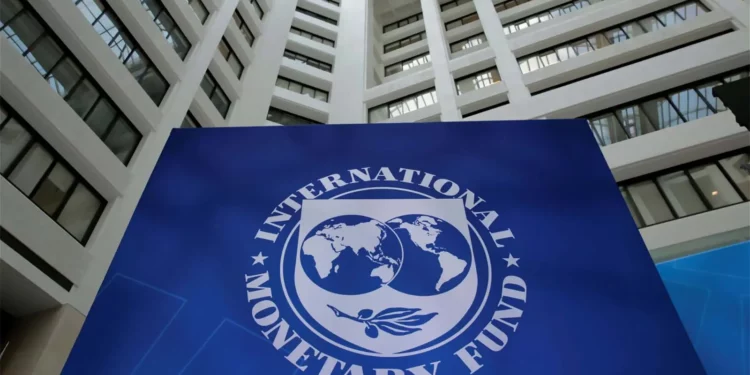The International Monetary Fund, IMF, has commended Nigeria’s authorities for bold and politically difficult policies that have “improved macroeconomic stability and enhanced resilience.”
IMF noted on Wednesday, “Reversing years of economic volatility”, in its latest Article IV Consultation, in which it affirms a new reality for Nigeria.
IMF declared Nigeria is making meaningful progress following a series of significant structural reforms to restore financial discipline and credibility.
The Fund “recognised actions to strengthen the banking system, including the ongoing process of increasing banks’ minimum capital,” as stated in the IMF Executive Board Assessment. It also “welcomed the authorities’ efforts to boost financial inclusion and promote capital market development.”
Applauding Nigeria’s FX reforms, the global fund acknowledged the CBN under the leadership of Olayemi Cardoso, for dismantling the long-standing multiple exchange-rate regime, replacing it with a “willing-buyer, willing-seller” framework supported by a digital trading platform (B-Match).
IMF noted, “gross and net international reserves increased in 2024, with a strong current account surplus and improved portfolio inflows.” The FX premium, or gap between official and parallel markets, has fallen from over 60 percent to below 3 percent. FX inflows have surged to $6.9 billion in Q1 2025, and external reserves climbed to a peak of $40.9 billion at the end of 2024, providing over eight months of import–well above benchmark thresholds. “Reforms to the FX market and foreign exchange interventions have brought stability to the naira,” the IMF noted.
In January 2025, Nigeria successfully returned to the Eurobond market, its first issue in four years, reflecting, as the IMF noted, “strengthened investor confidence” and “a resumption of portfolio inflows.”
After years of excessive fiscal influence for deficit financing, the Central Bank of Nigeria (CBN) has curtailed the use of the “Ways and Means” facility – an emergency funding channel that ballooned beyond statutory limits.
This was disclosed through a report released by the corporate communications unit of CBN.
As of April 2025, these advances have been cut by nearly 90 percent, demonstrating what the IMF called the “discontinuation of deficit monetisation” and a step to “strengthen central bank governance to set the institutional foundation for inflation targeting.”
The CBN’s commitment to price stability is yielding tangible results. Headline inflation, which peaked above 40 percent, dropped to 22.9 percent in May 2025. The IMF noted that the Central Bank of Nigeria is “appropriately maintaining a tight monetary policy stance, which should continue until disinflation becomes entrenched.”



